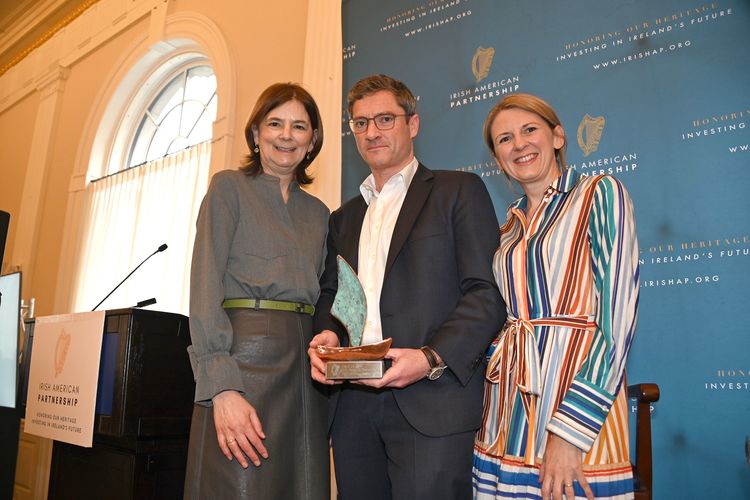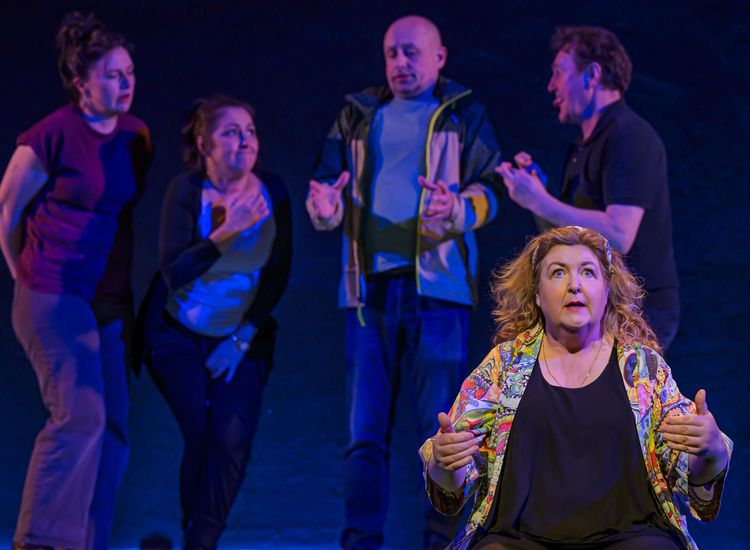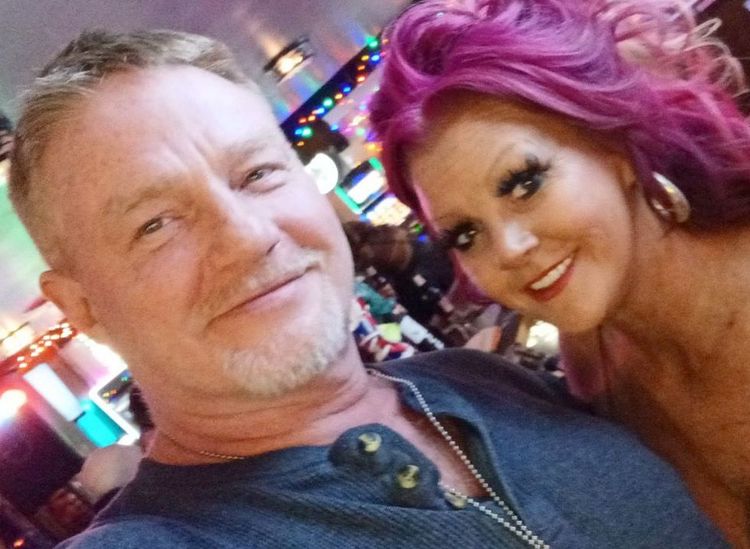[caption id="attachment_71533" align="aligncenter" width="600" caption="Speaker Christine Quinn."]
Christine Quinn, the woman who would be the first Irish-American mayor of New York since Bill O'Dwyer, said something the other day that makes me think she is a dangerous radical.
Get this: She had the audacity to tell people that they have no right to call other people bad names!
Yes, you read that correctly. Quinn told people that even in this day and age of anonymous postings and hate-spewing media outlets and invective gone wild there is no excuse for name-calling.
This makes you wonder what other ideas Quinn may be harboring as she prepares her 2013 mayoral campaign. Will she insist that we all should love our neighbors? That we should turn the other cheek rather than seek revenge on those who do us harm? Will she insist that commentators
and politicians treat each other with kindness and respect?
You have to wonder: what in the world has gotten into Christine Quinn?
It actually gets worse, friends. Far worse. You see, Quinn, who is Speaker of the New York City Council, was scheduled to address a rally called to support a piece of legislation that Quinn herself has championed.
The bill would require employers who take city subsidies for development projects to pay their workers $10 an hour with benefits, or $11.50 an hour without.
Quinn considers this bill to be a matter of simple economic justice; if a developer is going to take city subsidies, the city has a right to make sure that workers are being paid a decent wage.
The people at the rally agreed with Quinn's position on the wage bill. Quinn was supposed to preach to the choir, to rally troops before the City Council actually voted on the proposal. Politicians love these kinds of events because generally they are filled with supportive people.
But then a not-so-strange thing happened. Somebody at the rally insulted the mayor of New York, Michael Bloomberg, who opposes the bill. Somebody called the mayor "Pharaoh Bloomberg." And that's when Christine Quinn let loose.
"In a democracy," she replied, "people have the right to have different views, and we do not have the right to then call them names. I'm just not going to participate in name-calling." With that, she left the podium.
Mind you, she walked out on a rally of people who like her.
Now, in the interest of fairness, let the record show that Speaker Quinn and Mayor Bloomberg are rather chummy, even though they disagree profoundly on this issue. So when somebody insulted the mayor in Quinn's presence, that person was also insulting the speaker's friend.
But that doesn't matter. What does matter is that in this day and age when the governor of New Jersey routinely hurls insults at those who disagree with him, when talk-show hosts regularly assassinate the character of those who dare hold contrary thoughts, and when anonymous internet
users post the most-vile attacks on other people - on children, no less - Christine Quinn's defense of civility was and is nothing less than act of graciousness and humanity.
Truth be told, we actually do have a right to call people names. If we didn't, Chris Christie would have been placed under arrest several times already, and most of the pundits on television would be pleading for bail money.
But just because we have the right to call somebody a jerk or a pharaoh (which actually is an interesting and creative insult) doesn't mean we should. That's a lesson kids learn at the age of five, and then, it seems, they unlearn it by the age of 12 - after spending years listening to their elders engage in trash-talk.
Journalism, I confess, would be a good deal more boring without the odd bit of name-calling. I wish I could say that I've lived up to the Quinn rule of civic discourse, but to be honest, I have sinned. Sometimes grievously. Through my fault, through my fault.
American political conversation is filled with name-calling and insults, so it would seem that Christine Quinn is taking on quite a crusade. I certainly hope she succeeds in persuading people to focus on issues, rather than personalities.
Still, there's a part of me that hopes she isn't too successful. After all, a little personal disparagement can go a long way.
Many years ago, when Mitt Romney's father, George, was running for the Republican presidential nomination in 1968, the elder Romney famously admitted that he had been "brainwashed" about the Vietnam war.
Eugene McCarthy, who was running for the Democratic party's nomination during that terrible year, was told that Romney admitted to being brainwashed.
McCarthy pondered this news for a moment, presumably conjuring an image of George Romney undergoing a brainwashing. Then he responded: "I'd have thought a light rinse would be enough."
Ah, for the days of really good insults!










